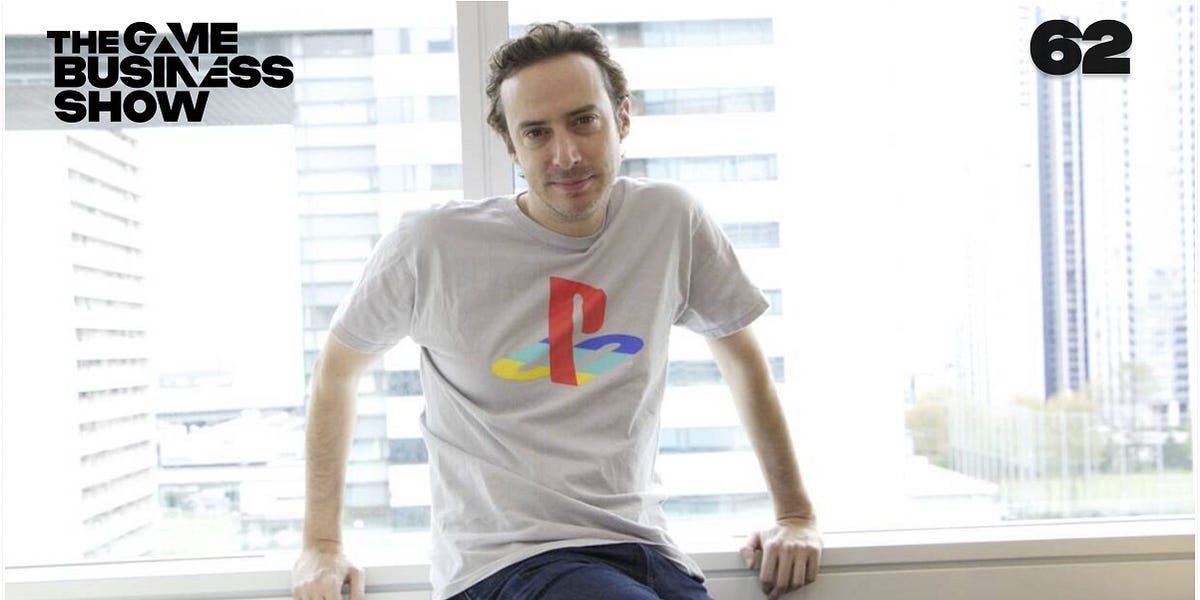kaizenkko
Member
The PS5 generation has "brought something special", insists Team Asobi
Why should someone upgrade from one console generation to the next?
In the past, the answers to that question were obvious. New consoles delivered noticeably better graphics, and developers were able to create bigger, deeper experiences that were not possible before.
But today, those generational leaps look more like incremental improvements. Developers are also expected to make games for a variety of devices, including older and less powerful machines, which makes it tricky to fully capitalise on the latest tech.
Meanwhile player habits have shifted. The most popular games on consoles today are Fortnite, Call of Duty, Roblox, GTA 5, EA Sports FC, Minecraft and Rocket League. These are all games that run perfectly fine on older devices.
Five years into the console cycle, and the PS5's biggest competitor remains the PS4.
So, I'll ask again, why should someone upgrade?
One developer at the forefront of answering that question (at least for PlayStation players) is Team Asobi. The Japanese studio developed the excellent PS5 tech demo Astro's Playroom, which was a showcase for what the PS5 DualSense controller can do. Then last year, it released the multi-award-winning platformer Astro Bot, which was a similar showcase of PS5's capabilities.
"When you put graphics side-by-side between an end-of-lifecycle PS4 game and early cycle PS5 game, you could argue, to an untrained eye, that it's hard to see the difference," admits Team Asobi studio director Nicolas Doucet.
"But early on [with PS5] we got the DualSense prototypes, with this haptic feedback and adaptive triggers. And we tried to understand what could be different about having this kind of trigger, so you can simulate pulling something, or cracking something, or crushing something... We tested all of that.
"When you've gone through [that process], you get to appreciate the changes. There are some leaps, but they're maybe less obvious than when we went to HD graphics. That's something that you can just stare at the screen for a few seconds and understand. With the controller, you have to get it in your hands and get a feel for it.
"But I do think the PS5, between the DualSense and the SSD, really brought something special. With the SSD… I'm thinking of things like the Souls games, where you die a lot. And when you die, you used to have to wait a long time before you get a second try. With the SSD, that becomes really, really fast. So, in terms of just the pleasure of play, that's really increased."
Team Asobi isn't just the maker of PS5 games. The studio is situated near the PlayStation platform team, the engineers that are building the next generation of PlayStation technology, and the studio plays a lead role in testing new prototypes.
"Sometimes those prototypes have features or functions they're not sure about, but maybe someone in one studio thought it'd be nice to try," Doucet explains. "So, they quickly mock up a version of it, they come to us, and we make the demos. Sometimes it takes a week, sometimes two, and then we invite them to see. We pretty much speak to them every week.
"We talk about game creators, but we don't really talk about the people behind the hardware. Those guys are really amazing because when they decide to put haptic feedback or adaptive triggers on the table, they're not sure what the application will be, but they have a hunch that it is going to lead somewhere. And we are just grabbing those opportunities and running with them."
The challenge around making the most of functionality like the SSD or the DualSense, is the increasing need to make games for multiple devices. PlayStation is releasing more of its games on PC, for example. Is that causing developers to be more circumspect when it comes to using PS5-specific features?
"In our case, no," Doucet answers. "We really focus on PS5. We want to take full advantage of the DualSense and SSD. There is always a way to cross bridges if we ever need it. But really, the main focus is on the PlayStation console."
When it comes to consoles vs PC, Doucet says there is one big advantage to making something only for PlayStation.
"It's specific hardware that is absolutely set. You know that what you see in your office making the game, is definitely what people will see in their home playing the game. That allows us to focus, because you're not putting in time dealing with compatibility or permutations. It's why I've always liked consoles.
"[In the past] PC permutations were much greater than they are today. Compatibility used to be a real nightmare. Today, it's more unified. But I've always preferred to be on the console side, because it's all about just plug and play."
Team Asobi is a first-party PlayStation studio, and – like other internal teams – feels a responsibility to showcase what a PlayStation machine can do. However, that doesn't mean forcing every unique feature into every game.
"We want PlayStation to stand out. We want it to have a differentiator," Doucet says.

The PS5 generation has “brought something special”, insists Team Asobi
The PlayStation studio tells us about its role in building future game console hardware


